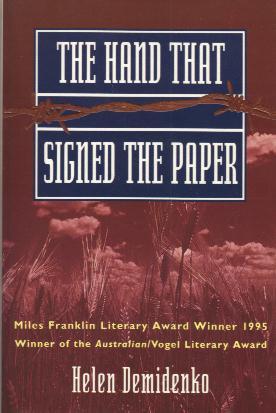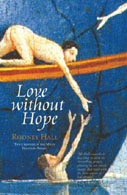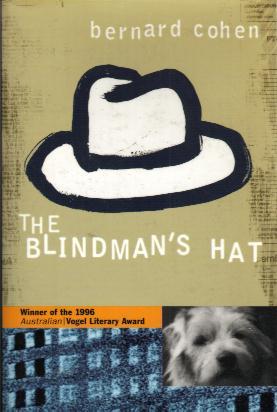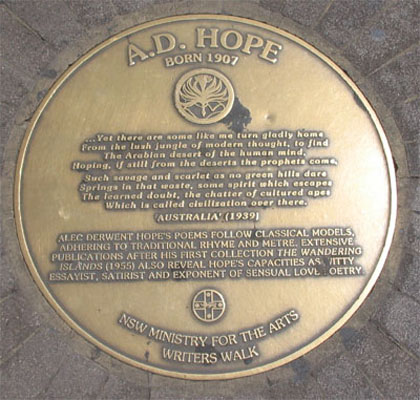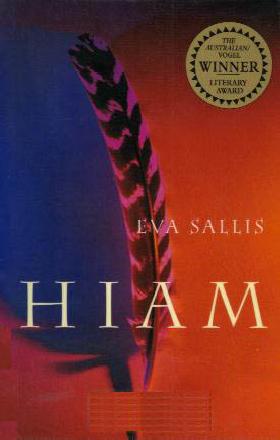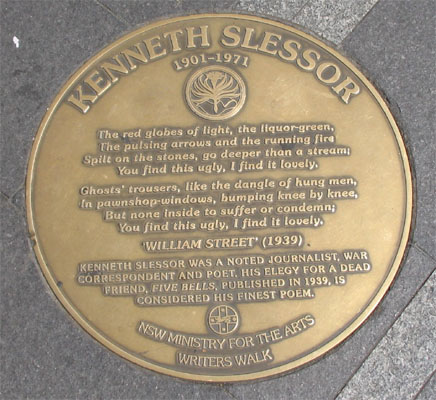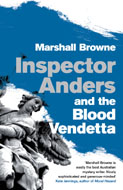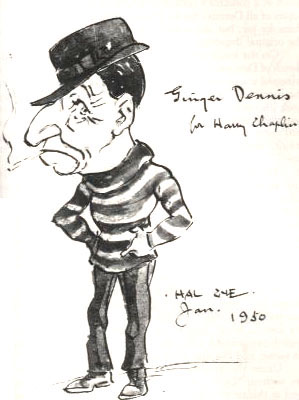The first novel in D.M. Cornish's fantasy series, Monster Blood Tattoo: Foundling, is reviewed in "The Guardian" this week by Philip Ardagh. He is pretty impressed by the work, though he has some quibbles: "What slowed this reader down most of all, though, was Cornish's habit of quoting speech in the vernacular. The story is littered with dialogue of the 'it'll be trouble to 'im all 'is life if 'e don't get shrewder and tougher, just mark me' variety, and the first 40 pages are extremely heavy going. Thereafter, things get better as characters bed in and the action picks up pace...Stripped to its bare essentials, book one of Monster Blood Tattoo is a strangely plausible human story with some interesting characters and a wide-open ending hinting at more. But then, there has to be more to justify even a third of the background information. Foundling promises much."
Arabella Edge's novel, The God of Spring (aka The Raft), has been reviewed by Ron Charles in "The Washington Post": In her second novel, The God of Spring, British author Arabella Edge tells the engrossing story of how Géricault produced this painting ["Raft of the Medusa"], one of the most famous of the 19th century. Though she stays close to the survivor's testimonies and other contemporary histories, Edge wears her scholarship graciously; she has trimmed the record, streamlined the complex political context and taken a few liberties with the chronology to produce a gripping novel of artistic obsession."
Shameless, a New Zealander living in France, has a look at J.M. Coetzee's Slow Man, from a year or so back, and a pretty interesting point is made right up front: "I believe that someone like J.M. Coetzee has earned a kind of carte blanche when it comes to his writing, especially after winning the Nobel prize for literature. Being established, he can afford to take risks and play around with the whole notion of what we expect from a novel. Other lesser-known writers wouldn't have this luxury...Slow Man is a perfect example of a novel that starts out as a cosy blanket, but then quickly shakes the reader out of bed! Coetzee is playing. I believe he deliberately wanted to sound the alarm clocks at dawn, regardless of how we all react!"
Carole Wilkinson's young adult novel, Dragonkeeper: Garden of the Purple Dragon has been published in the UK and Amanda Craig reviews it in "The Times", and is quite taken with it: "Carole Wilkinson's Dragonkeeper series, about a Chinese girl's attempts to protect the last Imperial dragon, is one of the best adventures anyone over 9 could find...The author's feeling for the Chinese landscape and culture is particularly interesting, given that she is an Englishwoman living in Australia. As Lian Hearn captured the essence of medieval Japan, so Wilkinson conjures a convincing landscape, both cultivated and wild." She also thinks Hollywood should be queuing up for this type of novel.
Karen Chisholm thinks that the latest novel from Garry Disher, Chain of Evidence, is his best yet, which certainly bodes well. "There is a deftness in the drawing of the two separate plots, and the characters that gave this book a real focus and tension...Chain of Evidence flags a strong shift of focus from a series concentrating on Hal Challis, with a touch of Ellen Destry on the side, to a combined focus as both characters take centre stage, albeit in different investigations and in different states. This bodes very well for the ongoing development of this series." Which strikes me as one of the most diverse entries I've compiled in this series: young adult, literary, crime, and a novel by a Nobel Prize winner. There must be something there you'd like.
